Population Health News Roundup: October 2020
JoAnne DyerIAPHS Members in the News
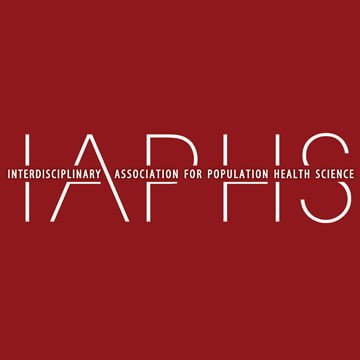 Rita Hamad in Epidemiology: Dr. Hamad offers a commentary on the use of natural experiments in epidemiology in response to a paper looked at neighborhoods and heart disease after the Japan tsunami. (November 2020)
Rita Hamad in Epidemiology: Dr. Hamad offers a commentary on the use of natural experiments in epidemiology in response to a paper looked at neighborhoods and heart disease after the Japan tsunami. (November 2020)
Sandro Galea in NEJM: Reparations could help reduce Black-White health disparities. (October 8, 2020)
Rachel Hardeman received the Courage Award from Planned Parenthood North Central States. (Via twitter, October 22, 2020)
Darrell Hudson in The Washington Post: “The context that people live in is racialized, however. It’s about the chronicity of it and your relationship with it: Do you feel you have some control over what stresses you, without a herculean effort and a lot of luck? If not, everything piles up.” (October 22, 2020)
Disparities and Equity
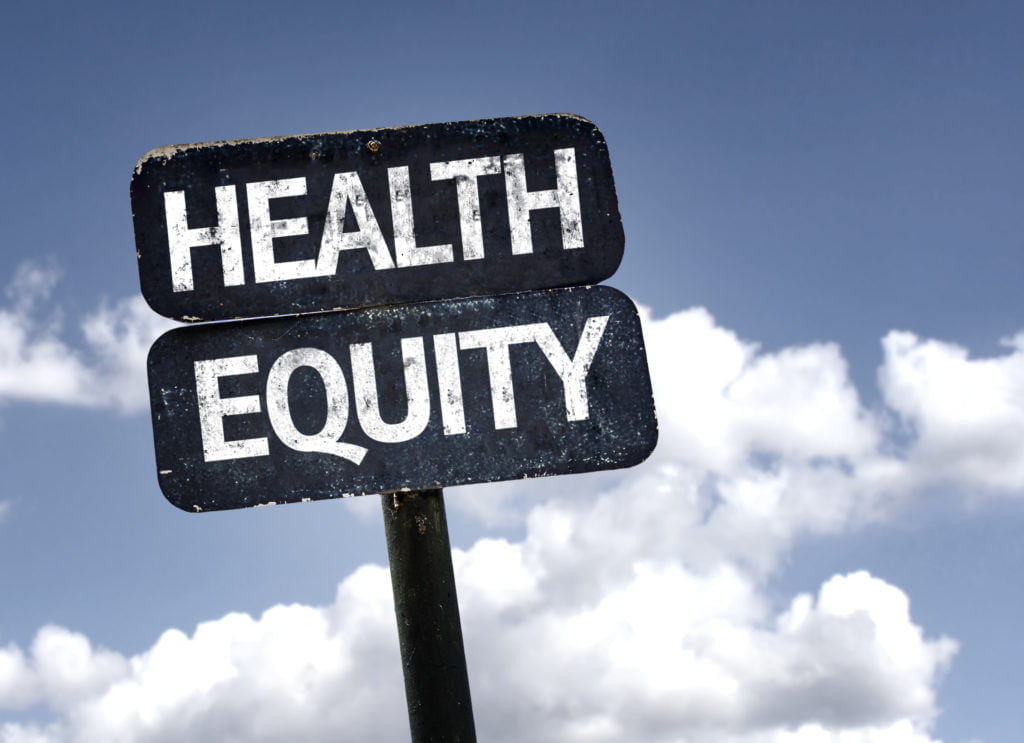 Aging, equity, retirement, and the pandemic: Older Americans are getting left behind in today’s pandemic economy, especially minorities, women, and those working in lower-wage jobs. This could mean an unwanted early retirement from the workforce–more likely for Blacks than for Whites. (Next Avenue, October 5, 2020)
Aging, equity, retirement, and the pandemic: Older Americans are getting left behind in today’s pandemic economy, especially minorities, women, and those working in lower-wage jobs. This could mean an unwanted early retirement from the workforce–more likely for Blacks than for Whites. (Next Avenue, October 5, 2020)
Black Americans aren’t fine, thanks: Disproportionately affected by the coronavirus and racism, Black Americans face a “mental health tsunami” and an inadequate healthcare system to support them. (NBC News, September 26, 2020)
Older Black lives matter, too: The group most likely to die from COVID-19 is dying quietly, and few are paying attention. (Kaiser Health News, September 3, 2020)
Health vulnerability disparities appear in kindergarten: Via the Early Development Instrument, researchers found more health development vulnerability in children in lower-income settings (Health Affairs, October 2020)
Place
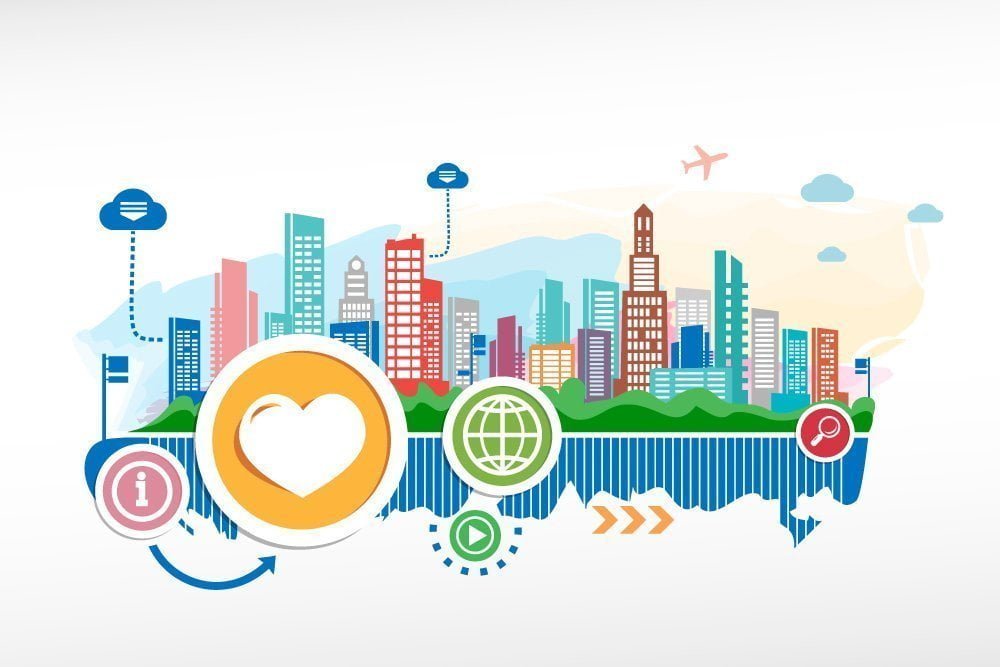 Australia contained the coronavirus—except in nursing homes: Older people comprise 665 of Australia’s 886, most of those in Victoria. The pandemic may have exposed existing flaws in the system. (AlJazeera, October 2, 2020)
Australia contained the coronavirus—except in nursing homes: Older people comprise 665 of Australia’s 886, most of those in Victoria. The pandemic may have exposed existing flaws in the system. (AlJazeera, October 2, 2020)
Some rural-urban health differentials are due to reclassification: “…reclassification amplified rural–urban mortality disparities and accounted for more than 25% of the rural disadvantage observed from 1970 to 2018.” (AJPH, October 25, 2020)
Environmental Health and Justice
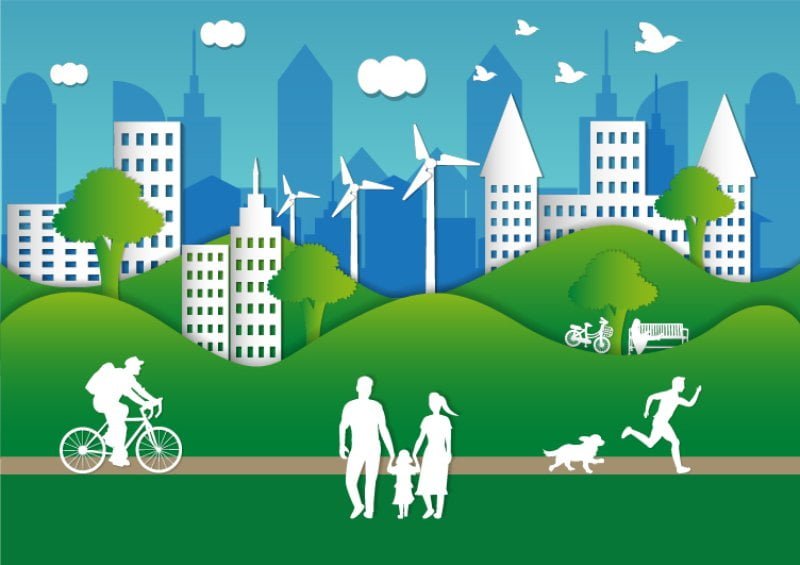 Even in the womb, babies are harmed by wildfire smoke: In Australia, wildfire-induced stress and toxic air can harm mothers and babies. (Al Jazeera, October 1, 2020)
Even in the womb, babies are harmed by wildfire smoke: In Australia, wildfire-induced stress and toxic air can harm mothers and babies. (Al Jazeera, October 1, 2020)
What happens to Superfund sites now? With climate change looming and a federal administration uninterested in remediation, Superfund sites are at increased risk of harm from floods and toxic waste. (Inside Climate News, September 24, 2020)
Policy & Programs
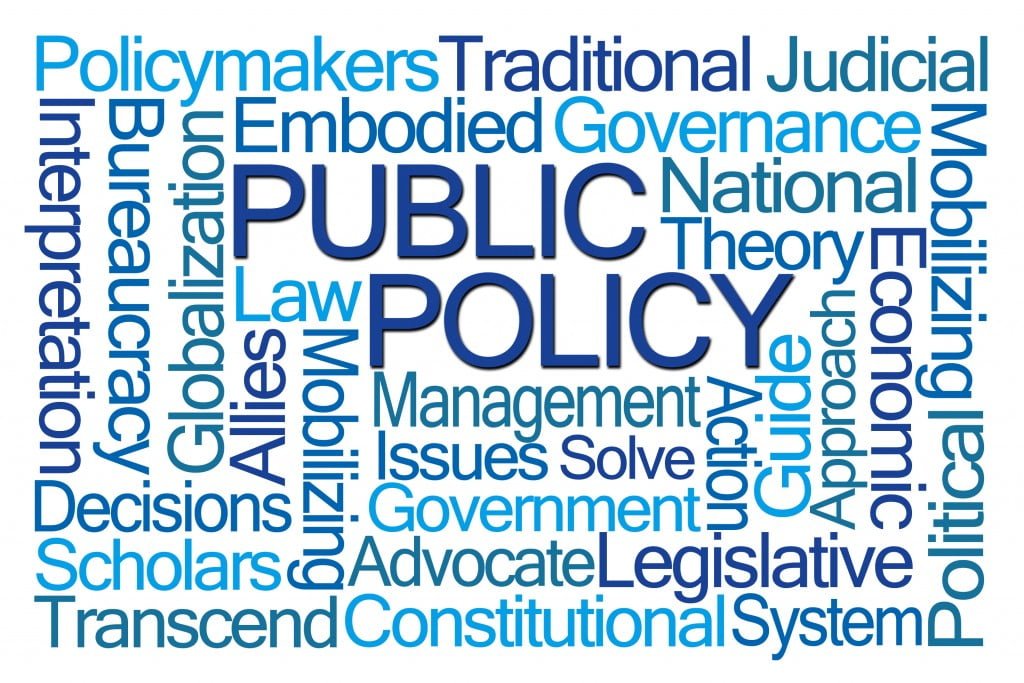 Too much paperwork can be bad for health: Administrative burdens that hinder access to SNAP, unemployment, and Medicaid can increase stress and undermine the health they aim to improve. (Health Affairs, October 2, 2020)
Too much paperwork can be bad for health: Administrative burdens that hinder access to SNAP, unemployment, and Medicaid can increase stress and undermine the health they aim to improve. (Health Affairs, October 2, 2020)
Emergency sick leave helped slow COVID-19 spread: Four hundred fewer COVID-19 cases per day were found in states that gained access to paid sick leave through the Families First Coronavirus Response Act. (HealthAffairs, October 15, 2020)
Insurers and hospitals look upstream: Investing in population health is showing reduced ER use, shorter clinic stays, and increased trust. (U.S. News & World Report, October 8, 2020)
What happened when homeless people in British Columbia were given $7500? They found housing faster, saved some of the money, spent less on non-essentials, and saved taxpayer money. (CBC news, October 7, 2020)
Enforcing workplace health guidelines saved Black and Latinx lives: In Los Angeles County, COVID-19 death rates and disparity rates are decreasing. (Kaiser Health News, October 15, 2020)
Global Health
Vaccinations, food security, and poverty worsening during the COVID-19 pandemic: Global health is experiencing big setbacks and continued disparities, according to the Bill & Melinda Gates Foundation. (Stat News, September 14, 2020)
How should COVID-19 vaccines be ethically distributed?: Three values should be considered: “benefiting people and limiting harm, prioritizing the disadvantaged, and equal moral concern.” (Science magazine, September 11, 2020)
Tech Talk
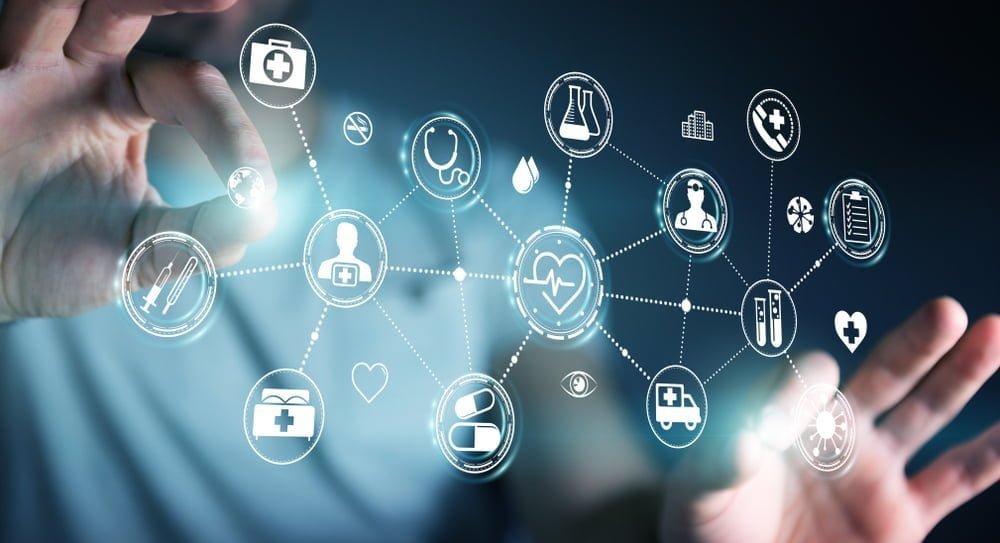 Is mapping gunshots a good way to warn people of danger?:A smartphone app in Rio may help people avoid danger, but may stigmatize certain neighborhoods. (CityLab, September 29, 2020)
Is mapping gunshots a good way to warn people of danger?:A smartphone app in Rio may help people avoid danger, but may stigmatize certain neighborhoods. (CityLab, September 29, 2020)
Telehealth disparities emerging during the pandemic: Black and hispanic patients are “less likely to utilize the technology than their White and Asian peers.” (Patient Engagement HIT, from a study in the Journal of the American Medical Informatics Association)

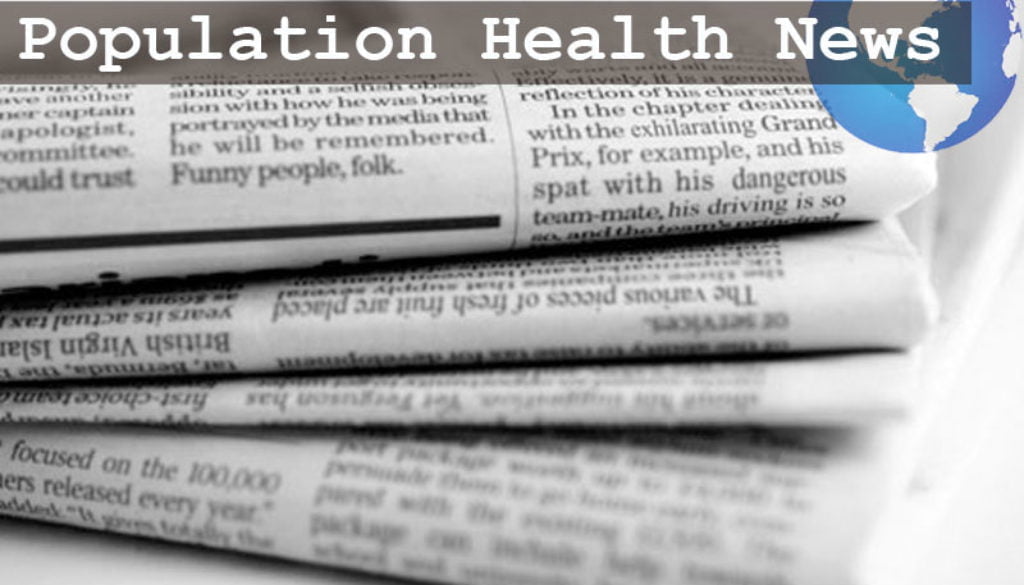
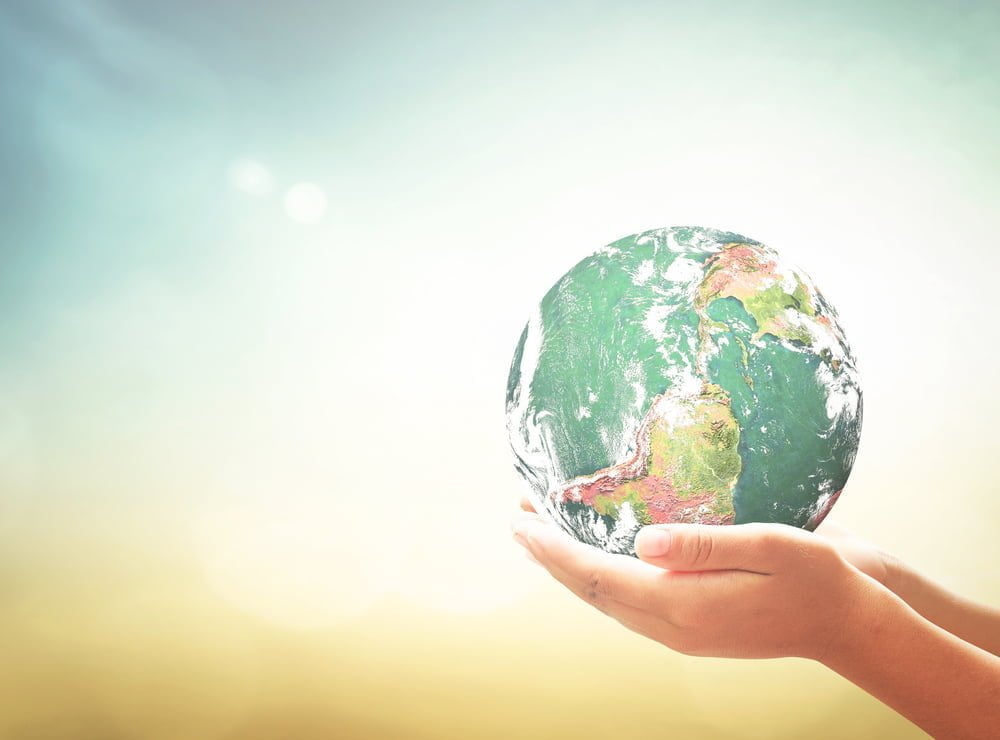
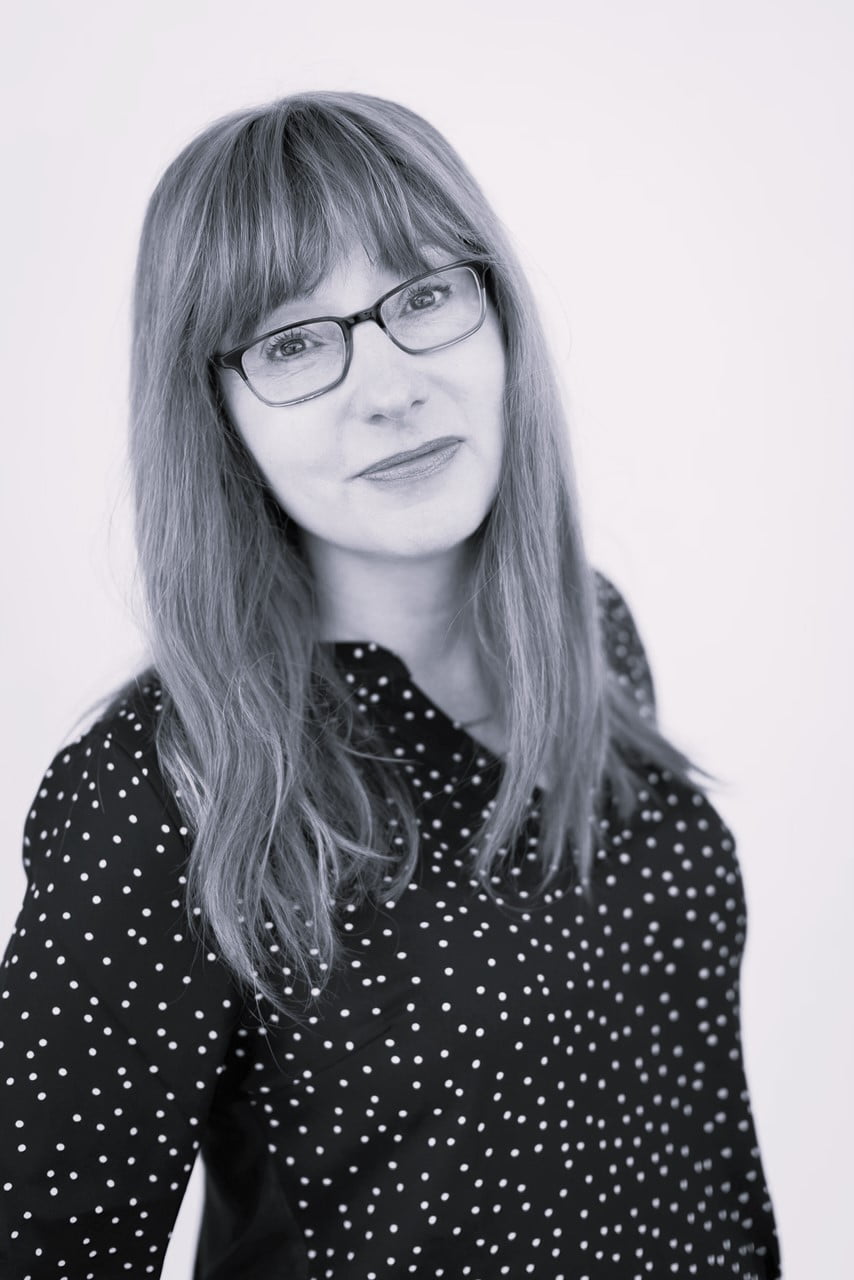
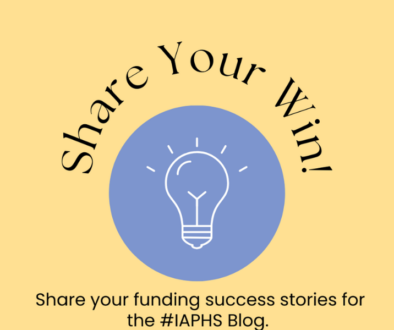

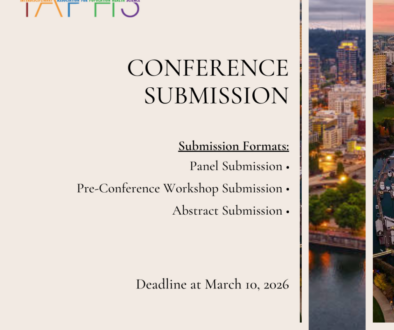
All comments will be reviewed and posted if substantive and of general interest to IAPHS readers.